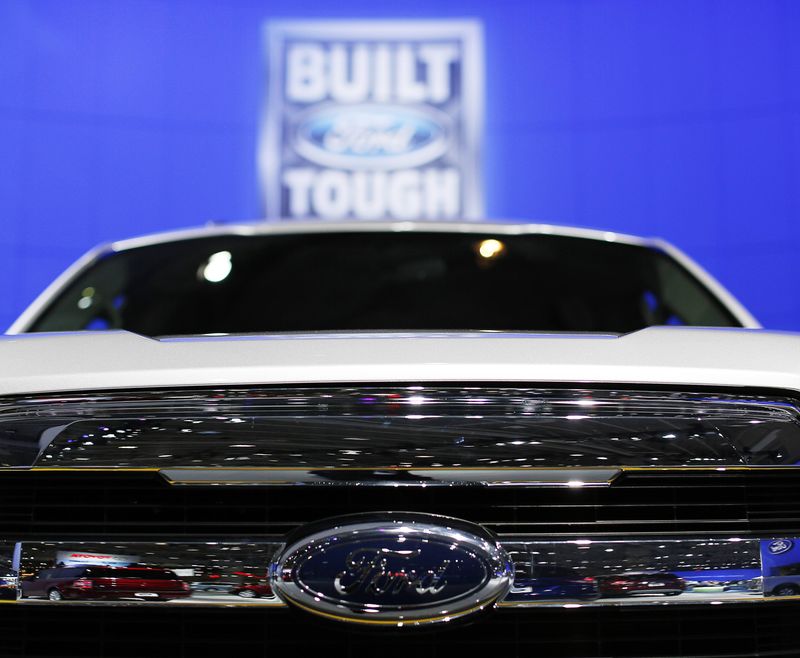Ford's EV strategy change: Analysts weigh in
Ford Motor (NYSE:F ) has announced a significant shift in its electric vehicle (EV) strategy, drawing mixed reactions from industry analysts.
The changes are centered around a more focused product lineup, adjustments to capital expenditure, and a substantial financial impact, signaling Ford's cautious approach to its EV future. Here's how analysts reacted:
According to Bank of America, Ford's latest adjustments aim to "improve the profitability and capital efficiency" of its transition to a more electric-focused future.
The automaker has decided to launch a new electric commercial van in 2026 and two new electric pickup trucks in 2027, while canceling its plans for an electric three-row SUV.
Bank of America analysts believe these moves will allow Ford to "benefit from growing demand for EVs" while focusing on areas of core strength, such as commercial vans and pickups.
Bernstein analysts note that the realignment of Ford's product sequence is strategic but not without criticism.
While Ford is accelerating battery localization in the U.S., set to benefit from 2025 onwards, Bernstein points out that the company has been slow to implement these changes.
They also highlight the $1.9 billion price tag associated with this realignment, which includes a $400 million write-off in production assets.
Wells Fargo echoes these concerns, pointing to Ford's repeated strategy shifts as a sign of the challenges the automaker faces in the EV market.
The cancellation of the three-row EV SUV and the delays in launching new EVs underscore the "pricing pressure" and broader market risks Ford is grappling with.
However, they explain that the reduction in EV capital expenditure—from 40% to 30%—and the continued focus on hybrid vehicles suggest a more measured approach to electrification.
So far, while the analysts see potential in Ford's strategy changes, they remain cautious about the company's ability to navigate the evolving EV landscape effectively.
Source: Investing.com
